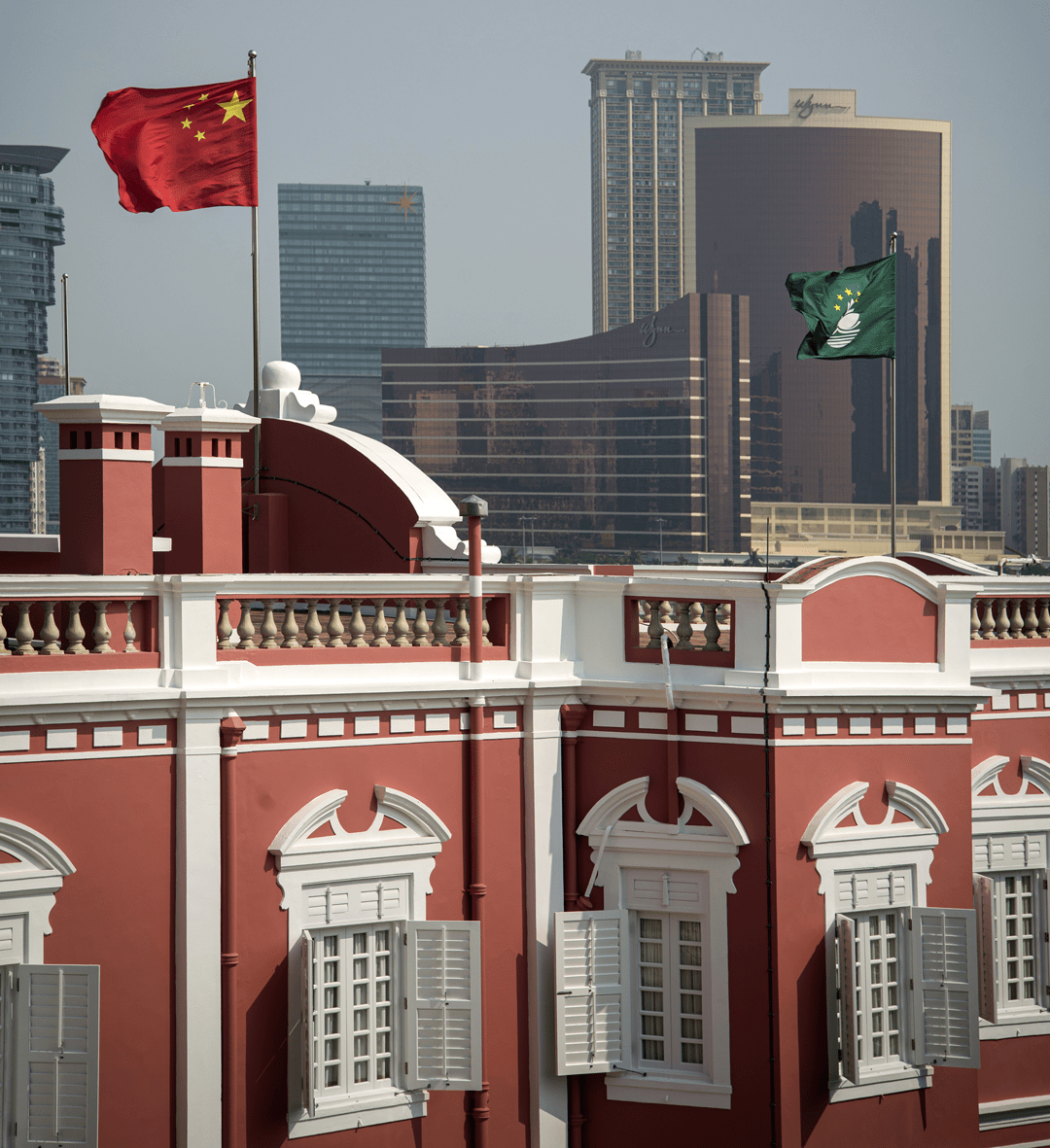The Macau government has announced that it will allow a six-month extension to the six operators’ concession contracts to allow more time for the tendering process, though analysts say they don’t expect further negative surprises.
The concession contracts had been due to expire at the end of June and the operators will need to re-tender for the licenses. The new deadline is Dec. 31st and the operators need to prepare documents to submit to the government.
Analysts from Bernstein estimate that the cost to the concessionaires for the extension period may be $6 million each, based on the fees that SJM Holdings and MGM Resorts were required to pay in 2019 to bring the expiry of their licenses in line with the others.
Industry watchers had been expecting an extension to be announced given the tight timing of the procedures that need to take place before the tendering process begins. The government wants to have the amendments to its gaming law in place before starting the bidding, but the law is still be reviewed at the committee stage in the Legislative Assembly.
The gaming law amendment is expected to be completed by the end of June and the tender process will be held in the second half of the year.
“There remain a series of ambiguities in the law that may need to be adjusted, or clarified and some areas of uncertainty will be resolved during the concession contract finalization stage. At this time we don’t expect any negative surprises,” Bernstein wrote.
Analysts from J.P Morgan similarly wrote that the latest announcement is a mere extension of licenses, which has nothing to do with the issuance of new licenses.
“As the public tender process and issuance of the next concessions will likely take at least a couple of months, it’s unsurprising to see the government pushing out the expiry of the current term to avoid any potential issues.”
Macau finally published the long-awaited gaming law amendments in September last year. The first draft triggered panic amongst investors, with the operators’ stocks suffering their biggest one-day decline on record, wiping more than $18 billion off their market value. The law appeared to drastically tighten oversight over the management of the casinos and seemed to include restrictions on the distribution of capital.
The version that emerged in early January after a 45-day public consultation process led to a collective sigh of relief with some of the more draconian measures having been removed. However, there are still areas of concern.
The biggest losers are the satellite casinos, which are mostly run under a license from SJM Holdings. According to the amendments, the property in which casinos are housed must be owned by the concessionaire. It’s not clear whether this means that the building will need to be 100 percent owned, or whether a majority stake with be enough to satisfy the requirements.
The satellite casinos, which include some large properties such as Ponte 16 and Fisherman’s Wharf, have been given a three-year timeframe to reorganise their businesses. There has been concern raised that there would be an impact on employment in Macau as a result of the measure, which is said to be one of the focuses of discussions in the committee review.
Bernstein says another area of review is the background qualifications for the managing director of each concession.
Under the new law, there will be six concessions and no sub-concession. The license period has been reduced from 20 year to 10 years, while the government will set minimum levels of gross gambling revenue to be generated by each table and machine. If an operator fails to meet those levels, it will be forced to pay a premium to the government to make up the shortfall. If it misses the target for two years, the table allocation will be taken away.
The government has dropped a proposal to appoint a manager to oversee the business of the operators and there are no proposals to restrict capital distribution. The operators will need to inform the government of any “major financial decisions.”
As expected, the legislation greatly reduces the power of junkets to operate, but doesn’t ban them. Under the new rules, junket promoters will only be able to work with one operator, whereas as present most junkets have VIP rooms with all of the concessionaires. Any revenue sharing between the two parties will be strictly forbidden. They will only be allowed to provide services to the operators on a commission basis.
Under Section 15 of article 22, the law states that management companies may only be paid fixed management fees. Article 2 defines the management company as a company that has the right to manage all, or part of the casinos of the approved company by signing a contract with the approved company.











